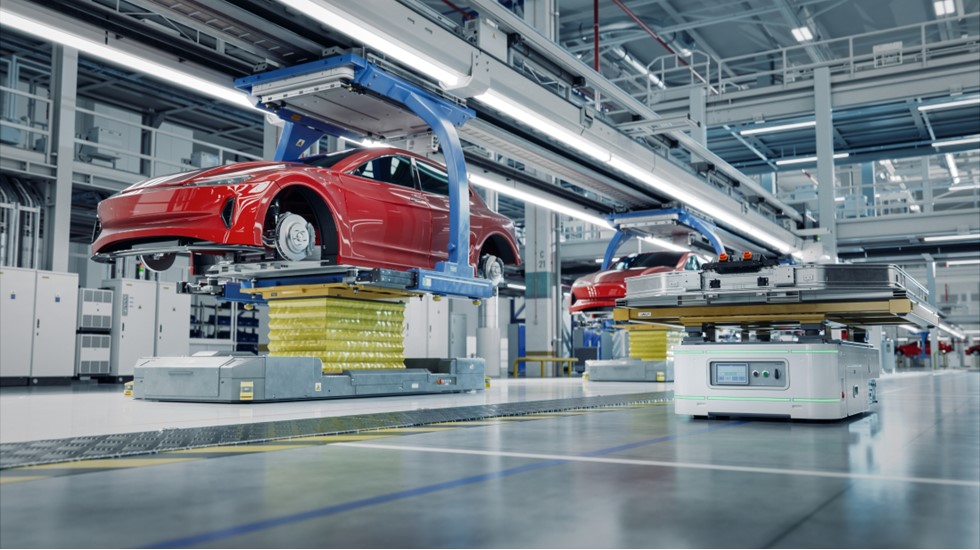Industrial production flagged after tariffs were announced
The auto industry appears to be headed toward stagflation.

May 15, 2025
April industrial production was unchanged, which came near the consensus expectation of 0.1% growth. Manufacturing output declined 0.4%, led by a 1.9% drop in the production of motor vehicles and parts.
In the previous two months, motor vehicles and parts rose a combined 11.5% as automakers boosted production; that was before reciprocal tariffs were announced in early April. Some manufacturers have said that new vehicle prices go up by a couple of thousand dollars. We expect new vehicle sales to be negatively impacted by the impending price shock. This will likely reduce new vehicle production and result in layoffs in the sector.
The decline in manufacturing output is consistent with the Institute for Supply Management (ISM)'s manufacturing survey. The production index fell to 44.0 in April, reaching its lowest reading since the COVID recession. Below 50 indicates production contracted. Similarly, the new orders index was 47.2 in April, the third straight month for a below-50 result. The soft ISM data portends weak production activity in the quarters ahead.
Mining output fell 0.3%, the first drop in three months. Oil and gas well drilling declined 1.7%, the steepest drop in five months. The price of West Texas Intermediate crude oil is currently $61.76 per barrel; it dipped below $60 at the end of April. That is below the breakeven price for new wells to be drilled. According to a Dallas Federal Reserve Bank survey from March 2025, the majority of firms reported that their breakeven prices were $62 or higher.
We expect consumers to hunker down and reduce their purchases of new vehicles due to sticker shock.

Ken Kim
KPMG Senior Economist
Bottom Line:
The auto industry appears to be headed toward stagflation. We expect consumers to hunker down and reduce their purchases of new vehicles due to sticker shock. Reduced output from the auto sector is one of the main reasons we foresee negative capital spending for the remainder of 2025. Compounding the weakness in the motor vehicle sector will be reduced output from oil drillers. There’s very little financial incentive to drill when crude oil prices are trading at these levels.
Explore more

Industrial production declined in March
Manufacturers are trying to get ahead of tariffs.

KPMG Economics
A source for unbiased economic intelligence to help improve strategic decision-making.

Narrowly averting recession: Decoupling, de-escalation and weathering storms
Business investment slackens.
Subscribe to insights from KPMG Economics
KPMG Economics distributes a wide selection of insight and analysis to help businesses make informed decisions.
Meet our team
